As we look back on our sporting history, we find memories of brave and inspiring athletes who have raised Egypt’s name, cemented their legacies and left a framework for future athletes to follow.
Overall, since 1912, Egypt has collected 32 Olympic medals and seven golds, ranking it 53rd in the all-time medal table.
Since the beginning, Egypt was recognized for its matchless performance in weightlifting. Out of the total medals won by Egyptians, nearly half of them (14) have come from weightlifting, and renowned names such as El Sayed Nosseir and Mahmoud Fayad.
Here is a quick look at the most inspiring athletes and their legacies:
El Sayed Nosseir
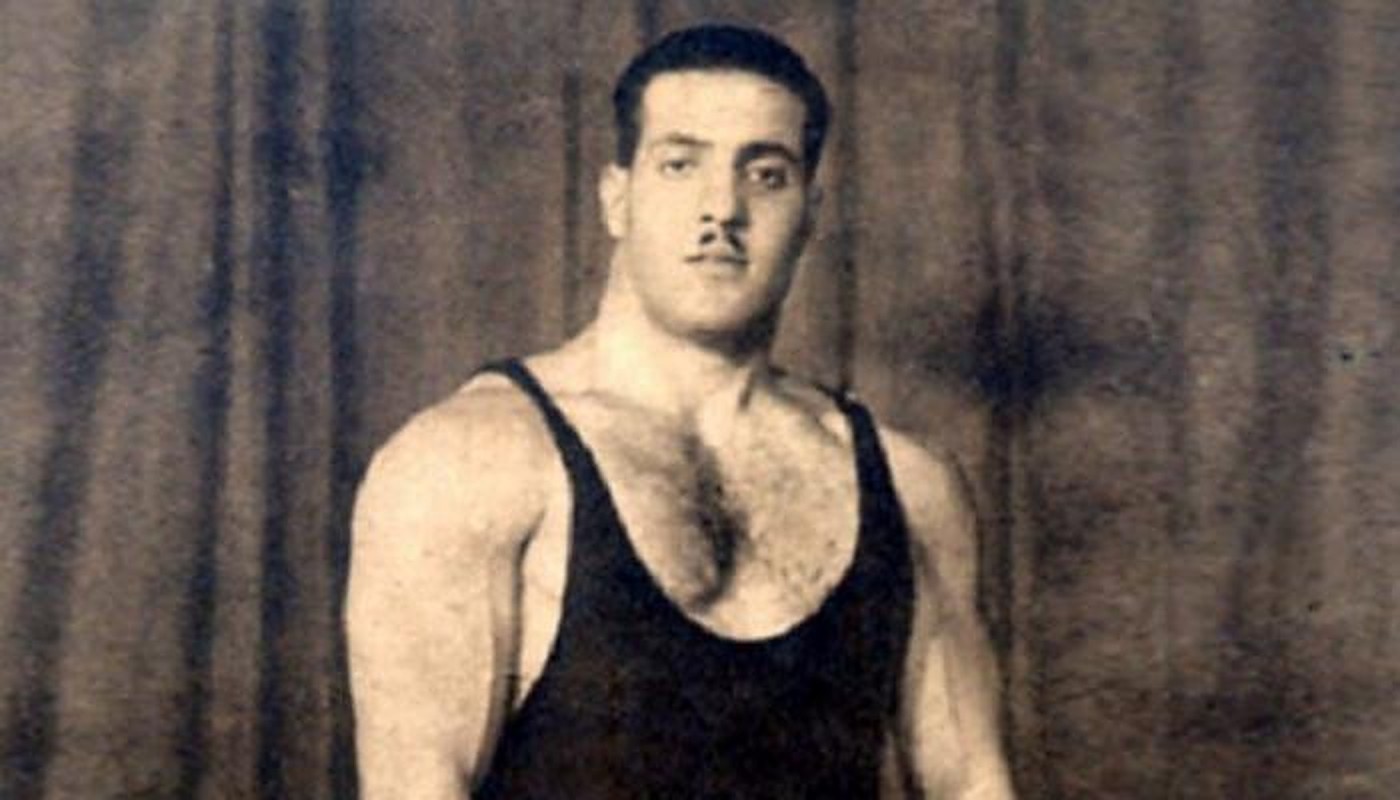
If you haven’t heard of El Sayed Nosseir, then you’ve missed a large part of Egypt’s Olympics history. At just 22 years old, Nosseir lifted an impressive 355 kg to book a new world record, winning Egypt’s very first Olympic gold medal ever in 1928.
On top of that, he also set 12 world records in the light-heavyweight and unlimited classes, with four each in the snatch, clean and jerk.
Ibrahim Moustafa
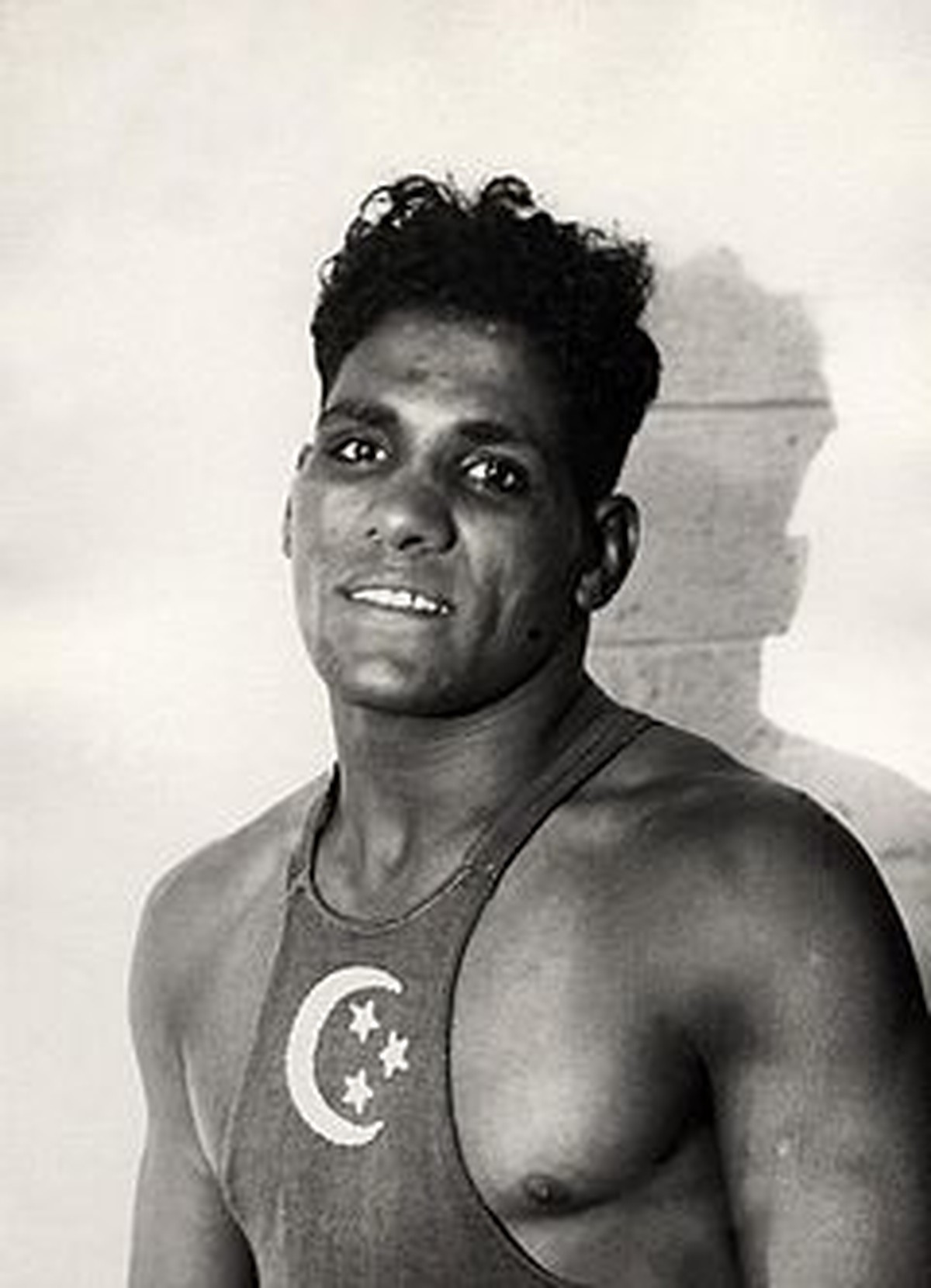
Another name to recognize and remember in Egypt’s Olympics history is Ibrahim Moustafa. In the same year as El Sayed Nosseir, wrestler Ibrahim Moustafa gave Egypt its second gold medal in the light-heavyweight category.
Following his victory, Moustafa toured Europe and competed in other various international tournaments, before he became a wrestling coach in Egypt and nurtured his son, Adel Ibrahim Moustafa, for the 1948 and 1952 Olympics.
After his death, the annual Ibrahim Moustafa International Tournament was carried out in his honor.
Khadr El Touny
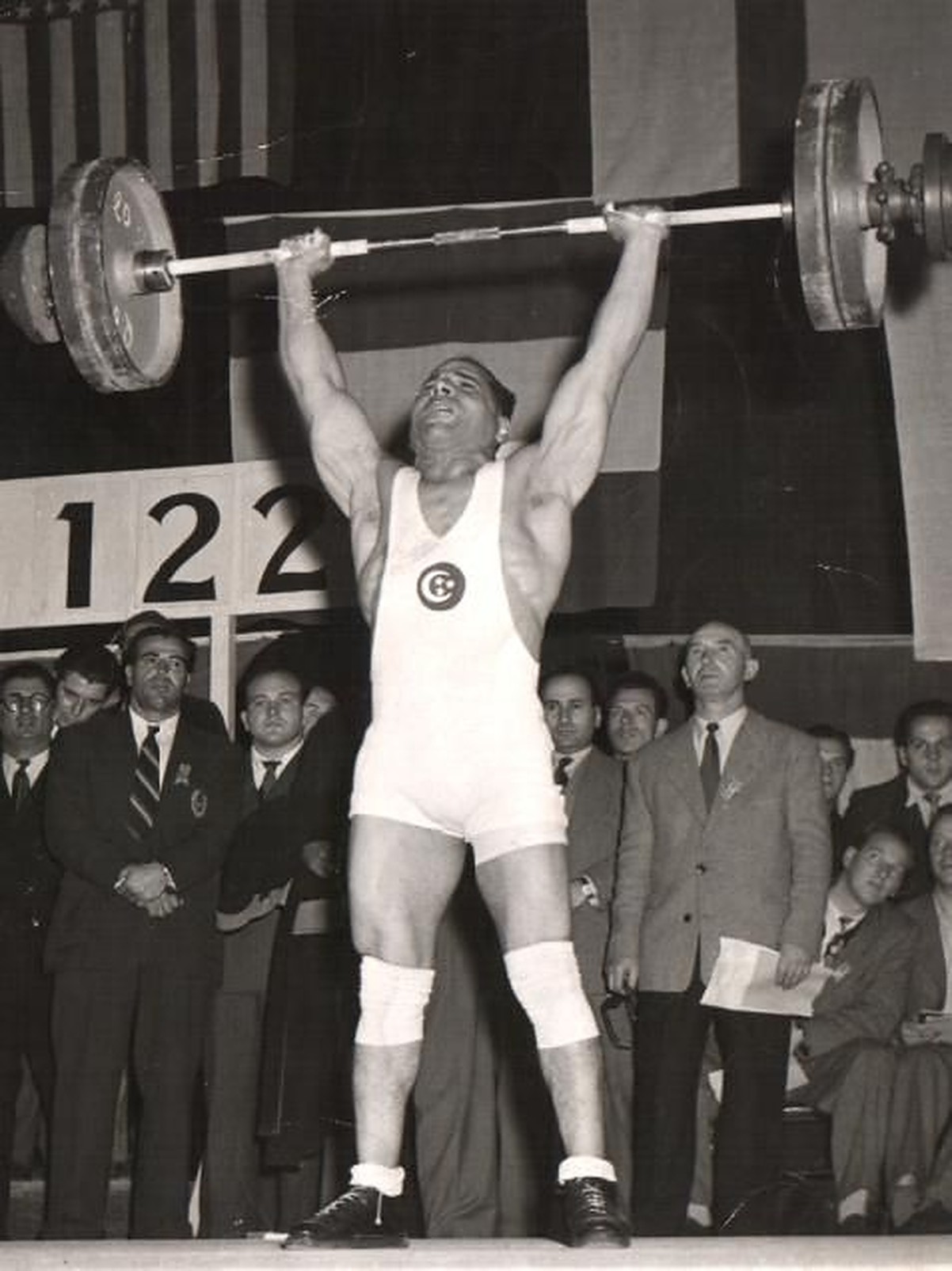
The 1963 Olympics was a special time for Egypt’s weightlifting records, winning in total five medals that include two gold, one silver, and two bronze. At just 20 years old, the gold was grabbed by Khadr El Touny after lifting 387.5 kg, and who is recognized as the best weightlifter of all time. He ranked number one on the list of history’s 50 greatest weightlifters by the International Weightlifting Federation before he was surpassed by Turkey’s Naim Süleymanoğlu in 1996.
His performance during the 1936 Olympics is also regarded as one of the greatest upsets in Olympic history, as he was able to defeat two other German champions who were expected to win the sport on their home soil. Impressively, he broke three previous Olympic and World records on his way to the gold medal.
El Touny’s legacy is incomparable. Impressed by his performance, Germany named a street after him in Berlin, and in Egypt, Nasr City in Cairo and the Sporting neighborhood of Alexandria also gave streets his name. To this day, he is considered one of the greatest Egyptian athletes of all time, breaking a total of 16 world records, receiving an Olympic gold medal, and earning 3 world titles.
Ibrahim Shams
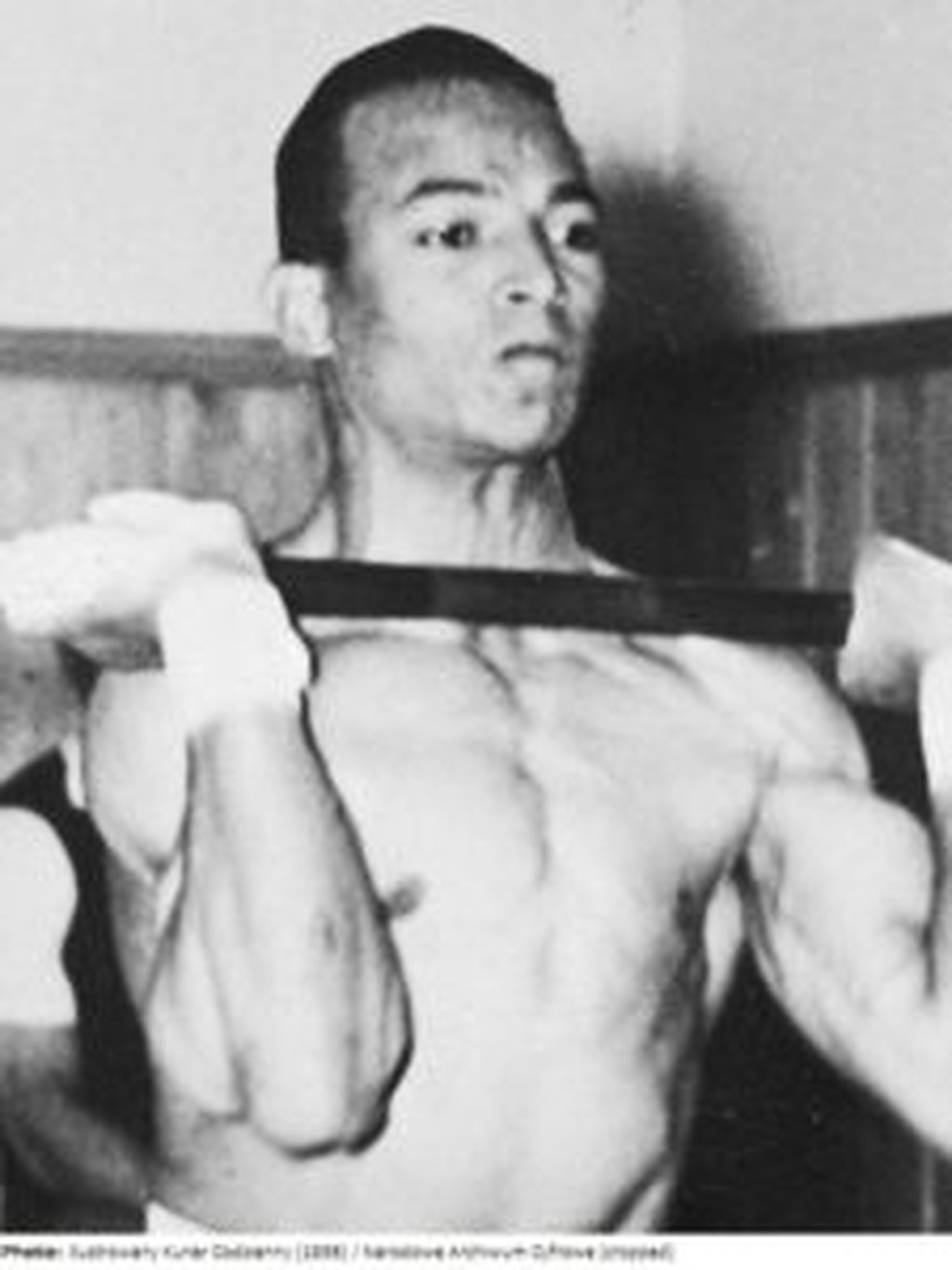
After winning bronze in the featherweight weightlifting tournament at the 1936 Games, he continued to work hard on himself for more than ten years and wait until the 1948 Olympics (after the two previous Olympics were cancelled due to WW2) and moved up in weight category with great success, earning the gold medal and capturing the Olympic lightweight title.
His success at the time made him the second Egyptian to earn two medals after Farid Simaika, who was the first Egyptian to earn two medals in diving at the 1928 Summer Olympics.
Farid Simaika
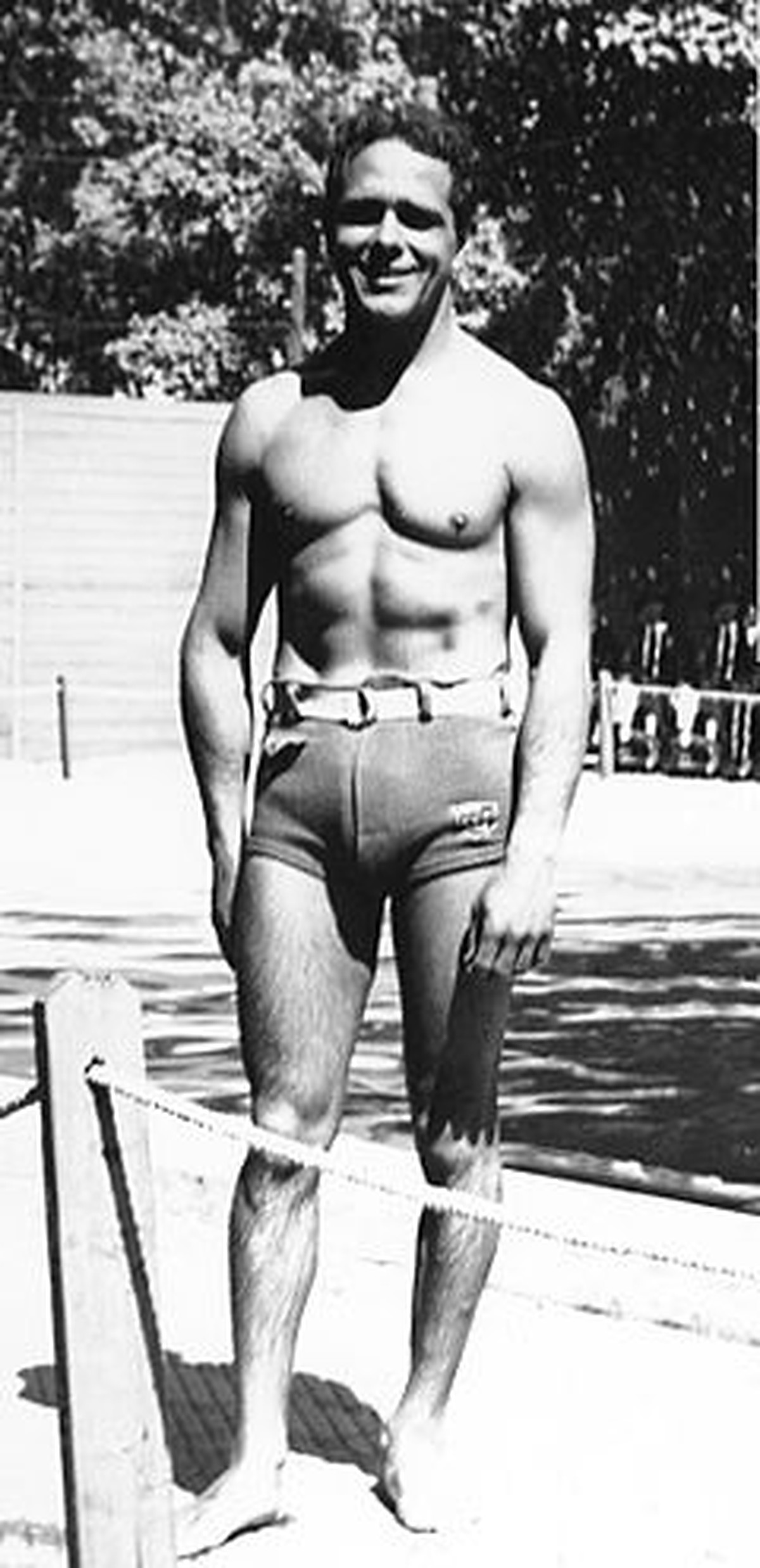
We don’t usually hear of many Egyptian diving athletes, but Farid Simaika was the first to earn two medals as an Egypt athelete, and gave Egypt its first medals in 1928 after El Sayed Nosseir and Ibrahim Moustafa.
Though he was born in Alexandria, Simaika moved to Los Angles and trained diving under coach Big Jim Ryan at the Ambassador Hotel Swimming and Athletic Club. Since he was unable to represent the USA because he was not a citizen, Simaika represented Egypt at the 1928 summer Olympic Games where he won a silver medal in the 10-meter platform event and the bronze off the 3-meter springboard.
His silver medal was regarded as one of the most controversial events in Olympics history. Though it was announced that Simaika had won the gold medal, it was announced afterwards that a majority of the judges by a vote of 5 to 4 had decided that Desjardins of Miami was the winner. Simaika’s coach Big Jim Ryan labeled the controversy as blatant racism against Simaika.
Simaika is also the namesake of a street in the Cairo neighborhood of Heliopolis.
Mahmoud Fayad
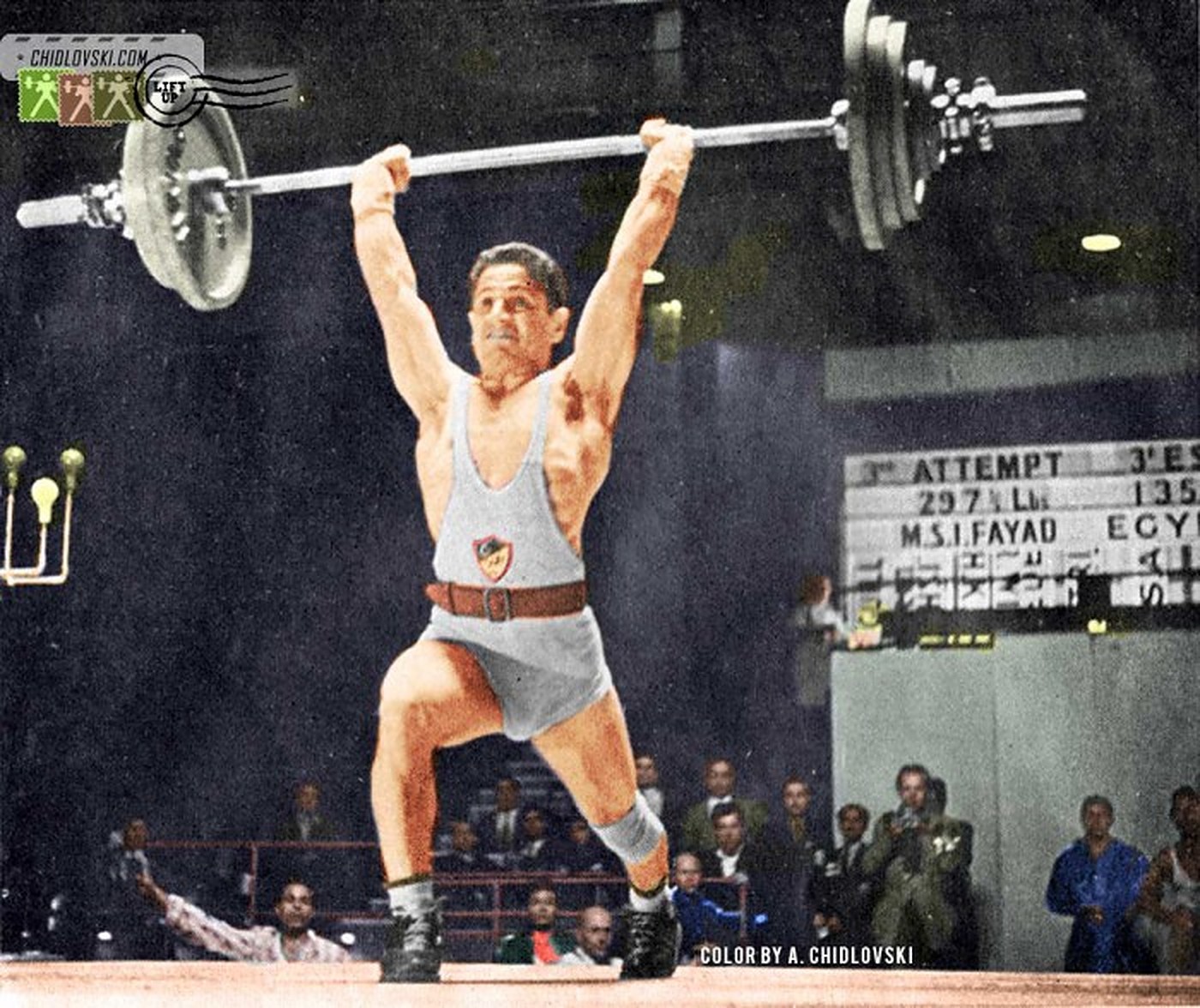
Fayad was among the stars of Egypt’s weightlifters during Egypt’s golden years in the sport, yet he was able to gain his own spotlight attention at the 1946 World Championships, where he came in second behind Sweden’s Arvid Andersson. His prime moment came at the 1948 London Olympics, where he grabbed the gold medal and broke world records in snatch, clean and jerk, and total.






Comments (3)
[…] Remembering Iconic Athletes in Egypt’s Olympics History […]
[…] Commemorating Iconic Athletes in the History of Egypt’s Olympic Games […]